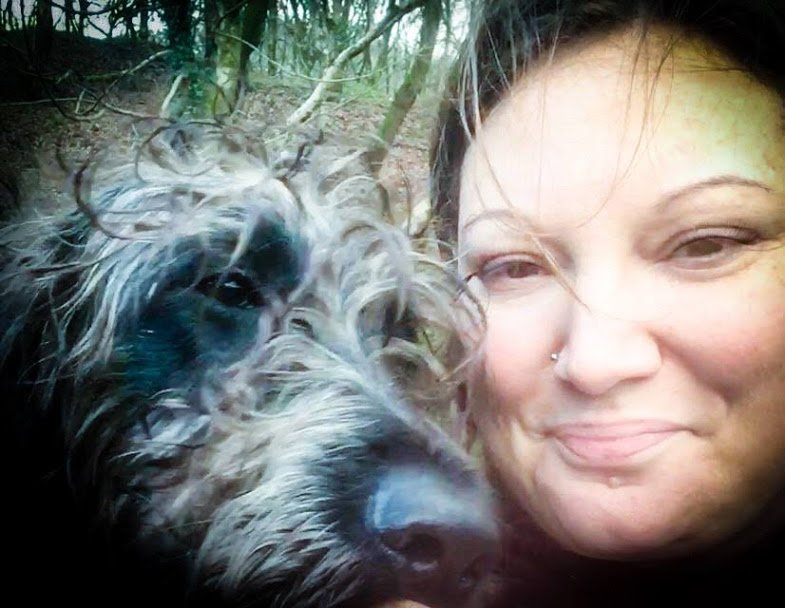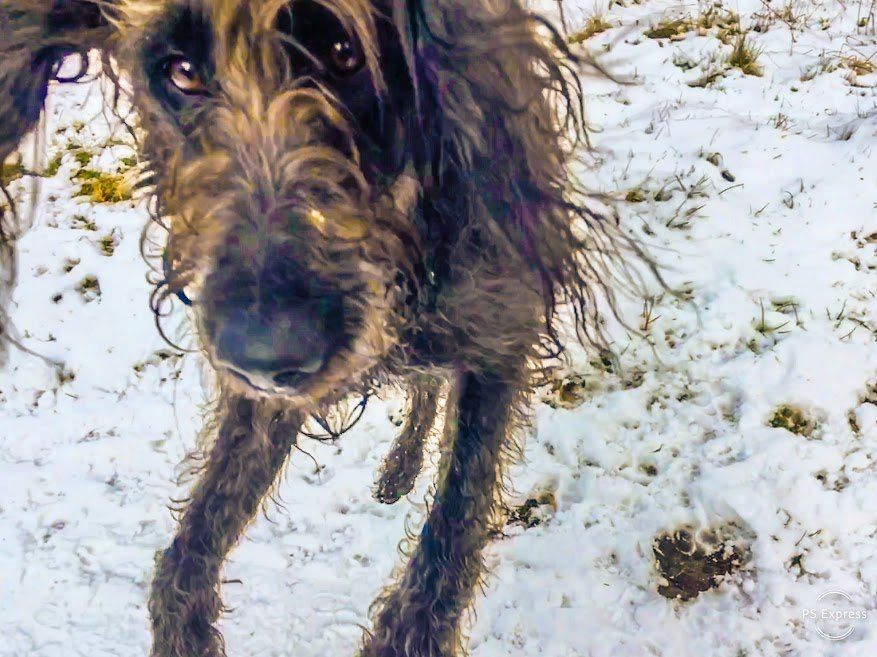I was delighted to be asked to write a "From the Expert" column for Freya the Cockapoo! A series of my top ten tips for a lifelong relationship with your dog can be found here:
ANIMAL BEHAVIOUR CONSULTATIONS
Horses
HORSES
As with all species, a sound understanding of ethology is essential to the diagnosis and treatment of behaviour problems. Sometimes behaviour problems can be an indicator of underlying stress and unresolved stress has been identified as one of the main welfare challenges for horses in the UK. You should always talk to your vet to rule out any physical problems, such as discomfort and your vet will need to complete a referral form (see 'how to book a consultation' link below). We will work together during the consultation to identify the cause of your horse's behaviour and design an individual treatment plan accordingly. Some of the common equine behaviour problems are:
Fear / Spooking
Horses might have a specific fear of things or events (e.g. traffic, the farrier) or a more general fear (e.g. nervous of people or dogs).During the consultation we will explore how and why the fear developed so that we can create a plan to address it.
Handling Problems
Handling problems might include:
Loading
Grooming
Clipping
'Barging'
Handling problems are usually caused by a negative experience, or a lack of experience, in a given situation. The treatment plan will focus on addressing the cause and re-training the appropriate behaviour.
Aggression
Aggression can be aimed at humans or other horses. Aggression is almost always a response to a perceived threat so your consultation will involve identifying how and why this perception developed so that we can successfully change it.
Stereotypies
Stereotypic behaviours include:
Weaving
Crib-biting
Wind-sucking
I don't advocate simply preventing your horse from performing these behaviours as they may have developed as a way of coping with stress and so to remove that coping mechanism could compromise welfare. Instead we need to identify and change the cause.
I can also offer preventative programmes (these don't need a vet referral) setting you up for the best possible relationship with your horse:
~ Youngsters: Instilling the basics
~ Bomb-proofing
This isn't an exhaustive list, your horse may have other behaviour problems not shown above and you are very welcome to contact me to discuss. For more information on what is involved with a behaviour consultation, prices and how to book:
Click here
This month's feature:
Examples of equine science that can be applied to positively affect well-being.
Music to my ears...
Researchers in Poland (Wisniewska et al.,
2019) have found that playing music (in this case, 'new-age' music) to your horse for several hours a day & for at least one week helps geriatric horses to feel more relaxed. This was only a temporary effect but as the scientists suggest it may be of use for horses stabled to recover from an injury when the pain is most intense. A similar effect was also observed in racehorses, peaking after 2 to 3 months (Stachurska et al.,
2015).
Wisniewska, M., Janczarek, I., Wilk, I. & Wnuk-Pawlak, E. Use of music therapy in aiding the relaxation of geriatric horses. Journal of Equine Veterinary Science
(2019).
Stachurska, A., Janczarek, I., Wilk, I., Kedzierski, W. Does music influence emotional state in racehorses? Journal of Equine Veterinary Science
(2015) 35(8) pp650-656.
Listening to your horses' preferences...
Did you know that animal welfare research tells us animals are happier (experience better quality of life, more positive emotions and fewer negative ones) when they have some control, some autonomy over their lives. There are many ways you can give your horses some choice in their lives (find us on Facebook and join the group discussion to share ideas!). Researchers (Mejdell et al.,
2016) recently found that horses were not only able to express their preference for wearing a rug or not, but that they chose appropriately according to the weather conditions (choosing to wear a rug when it was wet, windy or cold and not to wear one when it was warm). This might seem obvious, but the horses in the trials were trained to use a communication board. What would you ask your horse?
Mejdell, C.M., Buvik, T., Jorgensen, G. H. M & Boe, K. E. (2016) Horses can learn to use symbols to communicate their preferences. Applied Animal Behaviour Science
184 pp66-73.
Here's the thing - there are no guarantees. Just because the horses in the study reacted in this way, it doesn't necessarily follow that your horse will suddenly transform into a chilled out, meditating, wise old owl. Many factors influence behaviour and emotional state. But these studies might just give you an extra tool in your tool-box, a fun and inexpensive way for you to potentially make your horse happier and really get to know him. Paying close attention to your horse, finding out what he enjoys and really listening to him can pay dividends, strengthening your bond.
For more information on the studies featured in this month's spotlight & ideas on how to implement them:
For more information on what a consultation involves, how to book and prices:
How to book a consultation
News


I've been asked alot recently about improving recall, how to stop jumping up and how to stop dogs chewing so I've created some handouts which might be useful for everyone!
Quick Links
caninetrauma@gmail.com
07957 944 499
Based in Aberdare, Rhondda Cynon Taf (South Wales, UK) but can travel to suit you (additional mileage / travel costs may apply)
© 2024
All Rights Reserved | Animal Behaviour Consultations
